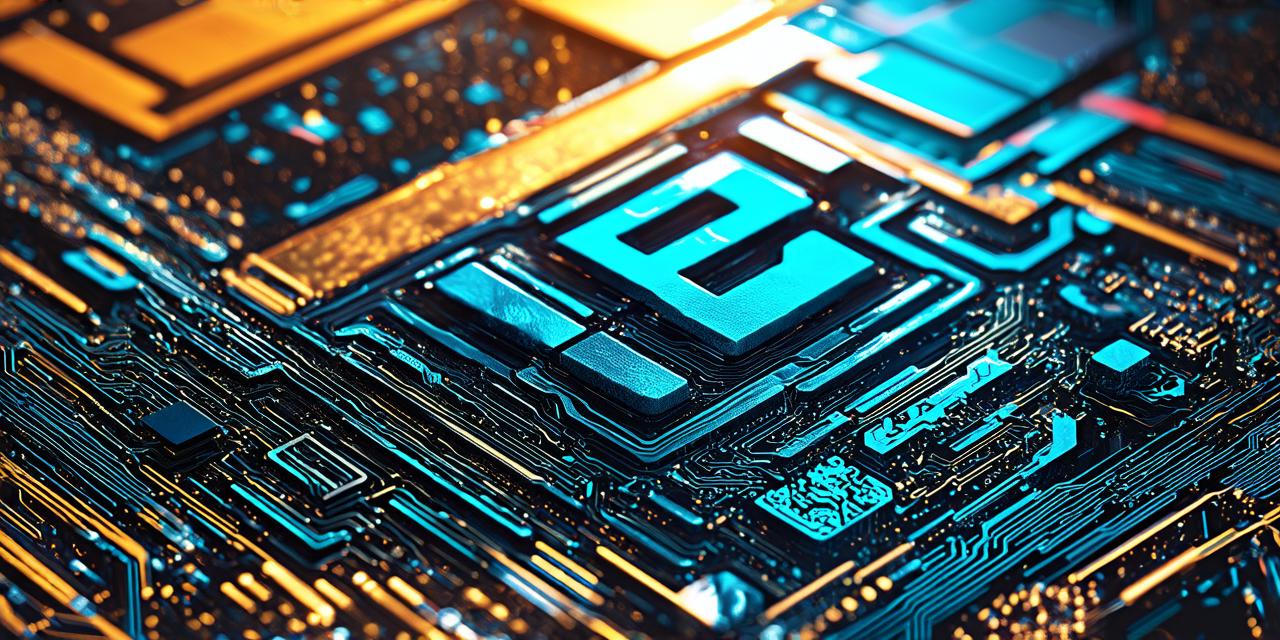Introduction
Non-Fungible Tokens (NFTs) have been making waves in the digital world since their inception, gaining popularity among collectors, artists, and businesses alike. NFTs are unique digital assets that can represent anything from art and music to real estate and sports memorabilia. In this article, we will explore the current status of NFTs and discuss their future prospects.
Current Status of NFTs
The demand for NFTs has surged in recent months, with sales reaching a record $2.3 billion in Q1 2021 alone. This growth can be attributed to several factors, including the rise of cryptocurrencies and blockchain technology, increased interest among collectors and investors, and the emergence of new use cases.
One notable development in the NFT market is the growing presence of mainstream companies and brands. Major corporations such as Adidas, Coca-Cola, and Warner Music Group have all entered the NFT space, creating unique digital assets that appeal to their fans and customers. This trend is expected to continue, with more companies exploring the potential of NFTs for marketing, branding, and fan engagement.

Another area where NFTs are gaining traction is in the art world. Artists such as Beeple, Grimes, and Christie’s have all created successful NFT collections that have sold for millions of dollars. This has opened up a new revenue stream for artists, allowing them to monetize their work and reach a wider audience through digital platforms.
Future Prospects of NFTs
The future of NFTs looks promising, with continued growth expected in the coming years. One major trend is the increasing use of NFTs as a means of ownership and scarcity in various industries. For example, NFTs are being used to create unique virtual real estate assets that can be bought, sold, and traded on blockchain platforms.
Another area where NFTs are expected to have a significant impact is in the gaming industry. NFTs can be used to create unique in-game assets such as weapons, characters, and collectibles, which can be bought, sold, and traded among players. This not only adds to the overall value of the game but also opens up new revenue streams for developers and publishers.
In addition to these use cases, NFTs are also expected to play an increasingly important role in the entertainment industry. For example, NFTs can be used to create unique concert tickets that grant exclusive access to live events or virtual concerts. This not only creates a new revenue stream for artists and promoters but also adds a level of exclusivity that appeals to fans.
Summary
The current status of NFTs is one of rapid growth and increasing adoption, with demand expected to continue in the coming years. As NFTs become more widely accepted and integrated into various industries, they are likely to have a significant impact on the way we monetize and own digital assets. Whether you are an artist, collector, or business owner, NFTs are worth keeping an eye on as they continue to evolve and transform the digital landscape.
